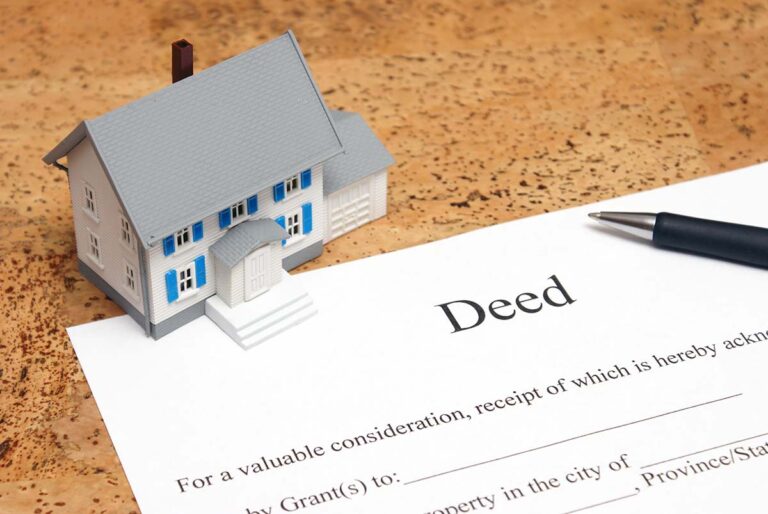What Title Insurance Will Do for You?
Title insurance is a one-time premium paid to a title company that guarantees that you own a particular piece of property and guarantees that no one else has a claim to that property. You can’t tell by looking at a property or at the deed whether the title to that property is good, and no one will require you to obtain title insurance, unless you are obtaining a mortgage. Title insurance works the opposite of your health or home insurance, which pays for loss or injury occurring after the effective date. Title insurance pays for events which occurred before the policy’s effective date. It is the best protection you can have against any claims that may arise out of the past.
You may wonder what can go wrong once you have a deed to the property in hand. The deed is recorded at the County Recorder’s office, everything looks official, and an examination of the property shows no visible signs of encroachment or problems. You have walked the property, verified the survey, and see no boundary disputes. You could even go through the county records, if you wanted to do so, and check for any possible problems. Do you still need title insurance? Yes, you need title insurance for several reasons.
There are matters that could have occurred in the past, such as a forgery, or a signature by an incompetent person, clerical errors, incorrect marital status, undisclosed heirs, improper interpretation of wills, signing by anyone without authority, a minor’s signing, or any possible claims made by third parties against the title, all of which could make title to the property unmarketable. Title insurance will also cover losses or damages you suffer if there is no access to the land. Even if you searched all the county records yourself, you would still have to be able to interpret the effects of such information on ownership. Overlooking just one judgment or lien could be very costly.
Imagine that you have purchased a property which has an adjoining parking lot. Half of the parking spaces are on the property which you own, which is described in your deed, and the other half of the parking spaces are a joint easement, shared with your neighbor. Let’s imagine that a city ordinance requires you to have a certain amount of parking spaces to provide for your tenants. You have enough parking spaces with the half you own and the half which you share with your neighbor. Let’s imagine that you neighbor suddenly, after several years, brings to your attention that he really owns part of the parking easement, and this property is included in his deed. You are now in jeopardy of loosing your occupancy permit on your property, as you could not provide the required parking spaces. You realize there must have been an error made in the boundary description of the easement. Where would you turn for help? The first place to turn is to your title company.
When you purchased the property, you had a recorded easement for parking purposes. The title company will be responsible to investigate and negotiate with your neighbor to resolve the problem. In this particular case, the title company offered to buy the additional parking spaces from the neighbor, adding that land onto your deed. They had made an error in the description of the shared easement. The purchase of the parking spaces alone well exceeded the price of the title insurance premium.
Title insurance is protection that you can’t afford not to have. The chances are that you will never have to file a claim, but in the event that you do, you will be glad that you have this valuable insurance. The cost of title insurance is minimal when you consider the protection it provides.
Copyright © 1999 Sandy Gadow. This column may not be resold, reprinted, resyndicated or redistributed without the written permission from Escrow Publishing Company.





